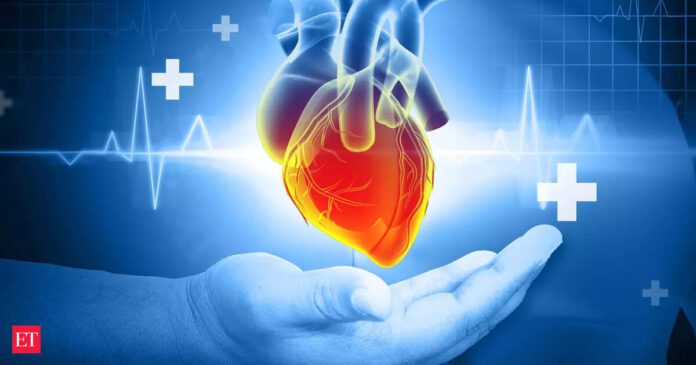Beetroot
Beets are rich in dietary nitrates, which the body can convert into nitric oxide (NO). Dr William Li explains, “NO helps dilate (relax) blood vessels, improving blood flow and reducing shear stress on artery walls.” Experimental studies published by the NIH suggest this may help reduce small endothelial injury over time.
How to include: A small raw-beet smoothie with lemon and ginger, or roasted beets tossed with olive oil, herbs, and greens.
Walnuts
Walnuts contain alpha-linolenic acid (plant omega-3), antioxidants, and polyphenols that reduce oxidation of LDL (“bad cholesterol”), a key step in plaque formation. Research in the NIH shows walnut intake can improve endothelial function. A small handful daily may help heart health, lower inflammation, and improve cholesterol profiles.Microgreens of cruciferous vegetables
These tiny greens are packed with antioxidants and nutrients that support overall vascular health and reduce inflammation, complementing other heart-friendly foods.
Fatty fish
EPA and DHA, the long-chain omega-3s in fatty fish, reduce triglycerides, lower vascular inflammation, and may stabilise plaque. Well-controlled trials indicate that regular fish intake or fish oil supplements can modestly slow atherosclerosis progression in some groups.
Dark cocoa
Dark cocoa is rich in flavanols that enhance nitric oxide production, reduce platelet stickiness, and improve endothelial function. Some human studies show better blood vessel dilation after cocoa consumption.
How to include: 10–15 g of 70% dark chocolate daily or small amounts added to sauces or dressings.
How these foods work together
Reducing oxidative stress and inflammation: Beets, walnuts, microgreens, and cocoa provide antioxidant and flavonoid support.
Improving endothelial health and blood flow: Nitrates (beet), EPA/DHA, and flavanols enhance nitric-oxide pathways.
Lowering LDL oxidation and platelet activation: Walnuts and dark cocoa reduce LDL oxidation and platelet clumping.
These foods complement, but do not replace, blood pressure control, cholesterol-lowering therapies, exercise, and smoking cessation.
Practical tips and cautions
Introduce one new food every few days to monitor tolerance.
People on blood thinners should check high vitamin K greens with their doctor.
Excess sugar, salt, and processed fats can negate benefits.
Regular medical check-ups (lipid profile, blood pressure, imaging if prescribed) remain essential.
Other factors that protect the heart
Beyond diet, exercise, stress management, quality sleep, and avoiding smoking are key. Staying socially connected, managing blood pressure and cholesterol, limiting alcohol, and routine check-ups further strengthen heart health. Even small changes, like walking after meals or practicing mindfulness, can have a meaningful long-term impact.
(Disclaimer: This article is for informational purposes only and not a substitute for professional medical advice. Always seek the advice of your doctor with any questions about a medical condition.)

